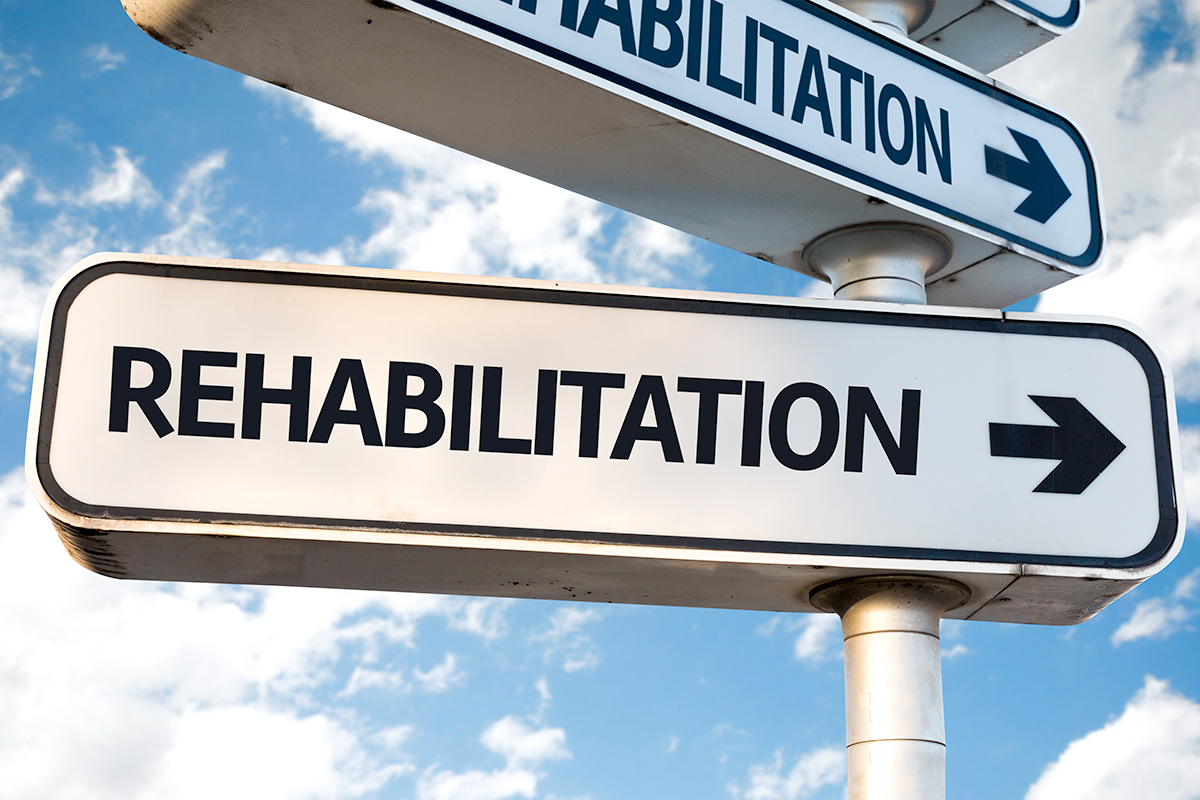Drug addiction can be an unforgiving darkness that consumes lives, leaving individuals and their loved ones feeling helpless and lost. However, amidst this seemingly desolate landscape, there is a glimmer of hope – drug rehabilitation. This comprehensive guide will shed light on the journey of drug rehabilitation, exploring the challenges faced by those seeking redemption from addiction, and the steps involved in this courageous process. Whether it’s battling dependencies on drugs or alcohol, the path to recovery is riddled with obstacles, but with the right support and guidance, it is possible to overcome the clutches of addiction and find a life of freedom and redemption. Join us as we embark on this transformative journey from darkness to redemption.
Understanding Addiction
Addiction is a complex and often misunderstood condition that affects millions of individuals worldwide. It is a chronic disease that can have severe consequences for both the individual and society as a whole. Understanding the nature of addiction is crucial in order to effectively address and treat it.
Addiction is characterized by compulsive drug or alcohol use despite negative consequences. It is not simply a matter of weak willpower, but rather a result of changes in the brain that occur over time. When a person becomes addicted, their brain becomes rewired to prioritize the substance of abuse above all else.
The initial decision to use drugs or alcohol may be voluntary, but continued use can lead to physical and psychological dependence. The substances stimulate the brain’s reward system, flooding it with dopamine and creating a sense of pleasure or euphoria. Over time, the brain becomes less responsive to the substance, leading the individual to use more in order to achieve the same effect.
In addition to the physical changes, addiction also has a profound impact on an individual’s behavior, relationships, and overall well-being. It can lead to financial difficulties, legal troubles, and a deterioration of physical and mental health. Addiction can also strain relationships, causing rifts between family and friends who may not understand the complexity of the condition.
In conclusion, addiction is a multifaceted disease that requires a comprehensive approach to treatment and rehabilitation. By understanding the underlying mechanisms of addiction, we can work towards developing effective strategies to support individuals on their journey towards recovery.
The Road to Recovery
Recovering from drug addiction is a challenging yet rewarding journey. It requires determination, support, and a willingness to confront the underlying issues that led to substance abuse in the first place. In this section, we will explore the essential steps to guide individuals on their road to recovery.

-
Acceptance and Self-Reflection: The first step towards recovery is acknowledging the existence of a problem. It takes immense strength to admit the need for help and face the consequences of addiction. By embracing this initial step, individuals open the door to self-reflection, allowing them to explore the root causes of their addiction.
- Alcohol Rehabilitation Centre In Mumbai
Seeking Professional Assistance: Rehabilitation is a complex process that often requires professional guidance. Enlisting the help of addiction specialists, therapists, and medical professionals ensures a safe and effective recovery journey. These experts provide invaluable support through counseling, therapy sessions, and medical interventions to address both the physical and psychological aspects of addiction.
-
Building a Supportive Network: Surrounding oneself with a strong support system can immensely contribute to the recovery process. Joining support groups, such as Alcoholics Anonymous or Narcotics Anonymous, allows individuals to connect with others who have gone through similar experiences. Additionally, seeking support from family and friends can offer encouragement, understanding, and accountability during challenging times.
Remember, the road to recovery is unique for every individual, and progress may not always follow a linear path. It requires patience, resilience, and a commitment to long-term healing. By embracing these steps and cultivating a mindset of self-care and growth, individuals can embark on a transformative journey from darkness to redemption.
Building a Supportive Future
The journey of drug rehabilitation is not an easy one, but with the right support and guidance, individuals can find hope and redemption. Building a supportive future involves creating a strong foundation for lasting recovery, addressing the underlying causes of addiction, and providing the necessary tools for long-term success.
- Creating a Strong Foundation
Recovery from drug addiction requires a solid foundation built on support and understanding. Surrounding oneself with a strong support network of family, friends, and professionals is crucial. These individuals can provide encouragement, accountability, and a safe space for open and honest communication. Through their support, those undergoing drug rehabilitation can gain the strength needed to overcome challenges and make positive changes in their lives.
- Addressing the Underlying Causes
Successful drug rehabilitation involves addressing the underlying causes of addiction. It is essential to identify and work through any emotional, psychological, or environmental factors that may have contributed to the development of addiction. By understanding and addressing these root causes, individuals can develop healthier coping mechanisms and ensure lasting recovery.
- Equipping for Long-Term Success
To build a supportive future, those in drug rehabilitation need to be equipped with the necessary tools for long-term success. This may involve learning new life skills, developing healthy habits, and finding alternative ways to cope with stress and triggers. Access to comprehensive drug rehabilitation guides and alcohol rehabilitation guides can be invaluable in providing individuals with the knowledge and resources needed to navigate their journey towards recovery.
In conclusion, building a supportive future is a crucial step in the drug rehabilitation process. By creating a strong foundation, addressing the underlying causes of addiction, and equipping individuals with the tools for long-term success, we can unveil a path of hope and redemption for those seeking to overcome drug addiction.